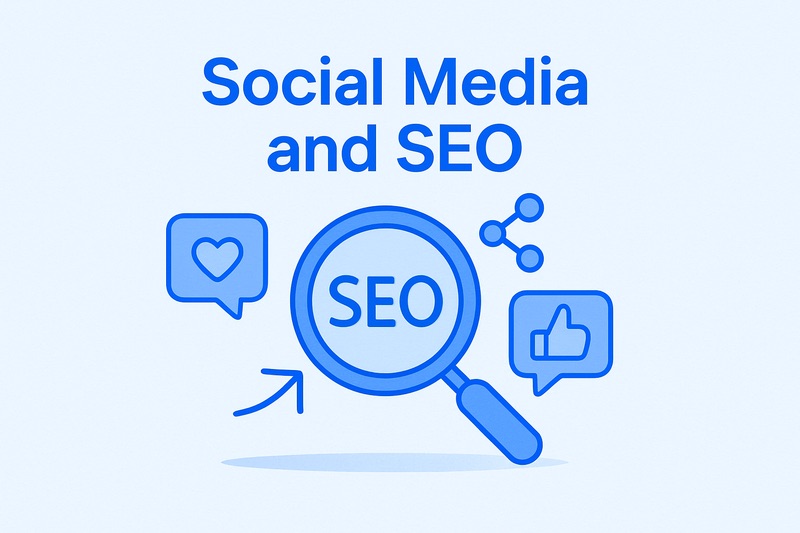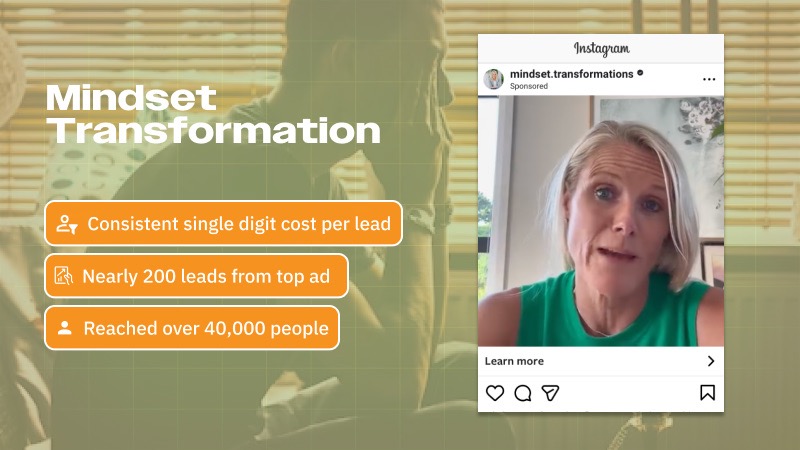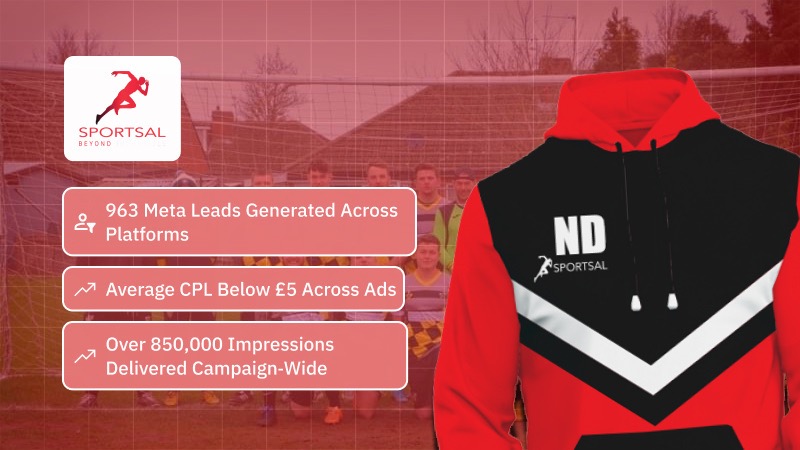Boost your sound with Soudcoh — Expert audio solutions that Aussies trust!

While social media doesn't directly affect search engine rankings, its influence on SEO is undeniable. The connection lies in the indirect ways social platforms contribute to visibility, engagement, and content distribution.
One key indirect impact is increased content exposure. When a blog post or webpage is widely shared on platforms like Facebook, LinkedIn, or X (formerly Twitter), it reaches a broader audience. This amplified exposure can lead to more clicks, greater awareness, and potential backlinks—an important search engine ranking factor. The more people who engage with and reference your content, the more authoritative it appears to search engines.
Increased engagement through social media channels also drives more traffic to your website. Although these visits may not directly alter your ranking, a surge in user activity can generate signals that indicate relevance and quality. For example, longer dwell times, lower bounce rates, and repeat visits help affirm that users find value in your content, which can contribute to better performance in search results over time.
Moreover, social profiles themselves can become high-ranking assets on search engine results pages (SERPs). A well-optimised and active social media presence may claim top spots for brand-specific queries, boosting visibility and brand credibility. Ultimately, while social signals aren't currently a direct ranking factor, the strategic use of social media plays a vital role in expanding your digital footprint and supporting your broader SEO efforts.
Social media platforms offer a powerful way to drive more traffic to your website. By strategically sharing content and engaging with your audience, you can attract more visitors while building your brand’s presence.
Each social platform has its strengths—Instagram and TikTok are great for visual content, while LinkedIn and Twitter are ideal for industry news and professional updates. By understanding where your audience spends their time, you can tailor your content and posting strategy for maximum impact. Posting regularly, using relevant hashtags, and engaging with followers all contribute to increasing visibility and encouraging clicks to your website.
In addition to organic efforts, paid social campaigns can significantly boost traffic. Promoted posts, sponsored stories, and targeted ads enable you to reach new users based on demographics, interests, and behaviours. This precision allows for a more focused approach to generating warm leads and driving them to specific landing pages or blog content.
Don’t underestimate the value of strong social sharing buttons on your site. Making it easy for users to share your content on their own profiles helps widen your reach further. Over time, this increased referral traffic not only lifts visit numbers but also supports your broader SEO efforts by sending positive engagement signals to search engines.
Building quality backlinks is a cornerstone of any successful SEO strategy, and social engagement can play a significant role in this process. By using social media effectively, businesses can naturally earn backlinks from high-authority sources.
When your content is shared widely across platforms like Facebook, X (formerly Twitter), and LinkedIn, it gains visibility among influencers, journalists, and industry leaders. These individuals are more likely to reference and link back to your content in their own work, particularly if it’s insightful, original, or solves a common problem. Social signals—such as likes, comments, and shares—don’t directly affect rankings, but they greatly increase the chances of your content being noticed and linked to by others.
Active engagement also encourages organic conversations. Participating in relevant groups, forums, and comment sections often leads to meaningful connections, which can translate into backlink opportunities. Establishing your brand as a trusted name within communities makes others more inclined to cite your site in blog posts, resources pages, or news articles. Even micro-engagements such as answering industry-related questions can spark interest and open the door for backlinks.
Consistency is key. A one-off viral post might attract temporary attention, but sustained engagement builds authority over time. By delivering value to your social audience regularly, you foster trust and loyalty—two elements that attract authentic backlinks. Prioritising conversation over promotion helps your content earn links in a way that feels natural and aligned with SEO best practices.
Social signals have long been a hot topic in the SEO world. Many digital marketers still wonder if likes, shares, and comments on social media actually influence search engine rankings.
While Google has repeatedly stated that social signals aren’t a direct ranking factor, there’s a more nuanced story beneath the surface. Social media activity may not cause higher rankings outright, but it can support strategies that lead to improved visibility. For example, widely shared content can attract backlinks, increase brand awareness, and drive more traffic to your site—all of which can influence your ranking position indirectly.
Furthermore, search engines do index social media content, and profiles with strong engagement often appear high in search results for branded queries. A well-maintained social presence can serve as a trust signal, reinforcing a company's credibility in the eyes of both users and search engines. Regular engagement and content distribution through social platforms can help build an audience that actively seeks out your site, boosting search traffic beyond what traditional SEO alone might accomplish.
In summary, while social signals may not be part of Google's algorithm in a strict sense, their role in a broader content and engagement strategy shouldn't be overlooked. Social media fosters visibility and discovery, helping quality content reach the right audience, which can indirectly support SEO efforts over time.
Integrating social media into your SEO strategy isn't just a smart move—it’s essential in today’s digital landscape. When done right, it can boost visibility, drive traffic, and amplify your content’s reach.
Start by ensuring your brand messaging is consistent across all social platforms. Your profiles should reflect your website’s tone, values, and keywords, creating a seamless experience for users and search engines alike. Regularly update your profile information, use branded imagery, and link back to key landing pages on your site to strengthen your online presence.
Content is the bridge between social media and SEO. Create shareable, high-quality content tailored for each platform—think infographics on Instagram, thought leadership pieces on LinkedIn, and concise tips or headlines on X (formerly Twitter). Encourage engagement by asking questions, using relevant hashtags, and posting at times when your audience is most active. The more engagement your content receives, the more social signals are sent to search engines, which may help improve your site’s ranking potential.
Another key practice is to integrate social sharing functionality directly into your website content. Adding social buttons makes it easy for users to distribute your content across their networks, expanding your reach organically. Additionally, track campaign performance using analytics tools to identify which platforms are driving traffic and conversions, allowing you to refine your strategy for maximum impact.
Lastly, build relationships with influencers and brand advocates within your niche. Their shares and mentions can enhance your credibility and expose your content to a broader, more targeted audience. While social media may not directly influence rankings, the traffic, links, and brand awareness it generates can certainly contribute to improved SEO over time.
Whether local or global, we help your brand rise in search.


